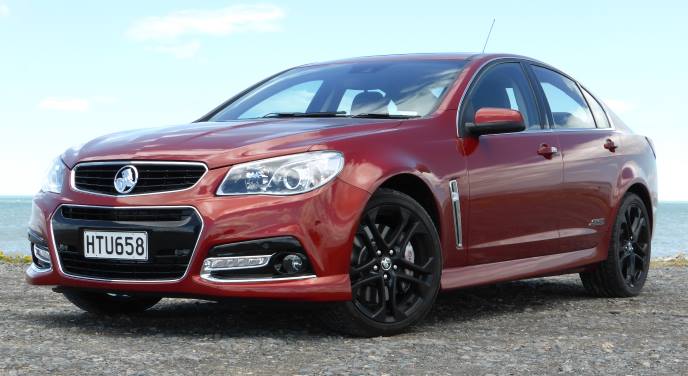News Next article
Car Market Operator policy
It’s Trade Me’s policy to not allow car market operators to create listings on behalf of, or for, private traders.
By Trust and Safety 14 July 2020Car Market Operators must act as a Motor Vehicle Trader
Author


